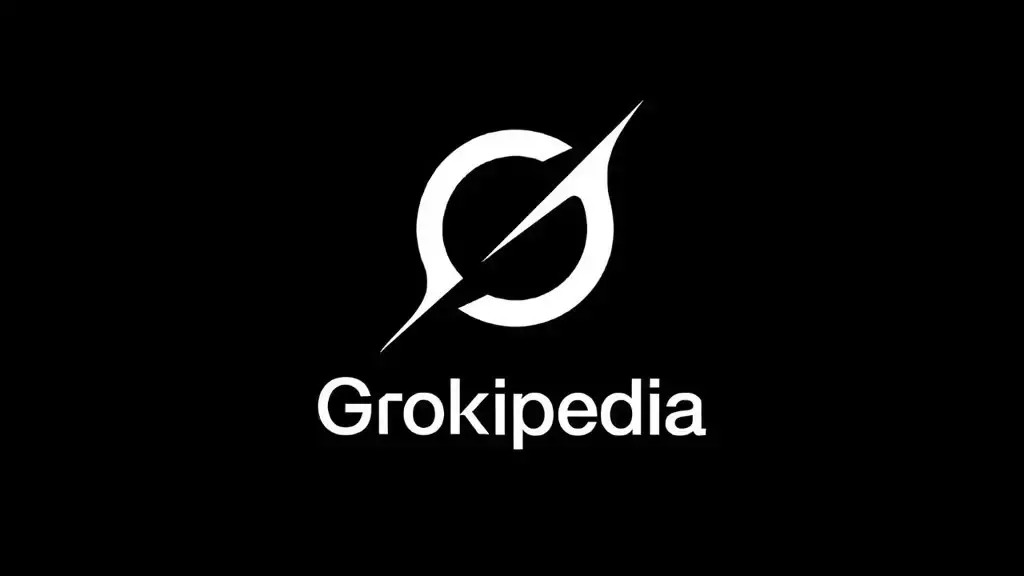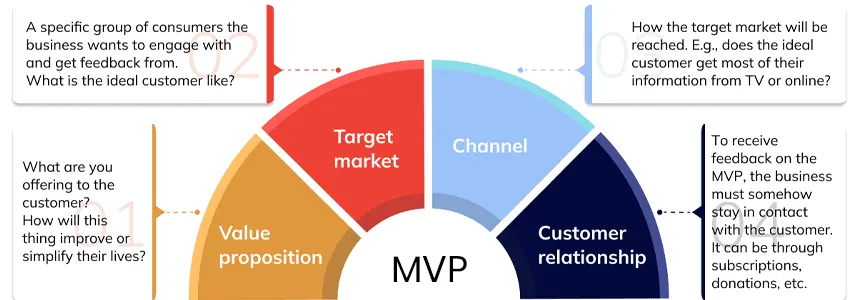When Grokipedia, the new AI-powered encyclopedia backed by Elon Musk and xAI, launched in late October 2025, it made headlines — not just for its ambitious concept, but for how rapidly Google indexed its pages. Reports suggest that hundreds of thousands of its initial 800,000 to 900,000 AI-generated entries appeared in Google Search results within days.
So, how did Grokipedia achieve this lightning-fast indexing? Let’s break down the key SEO factors behind it.
1. Strong Website Authority and Popularity
One of the biggest reasons for Grokipedia’s rapid indexing lies in its authority and popularity. Being backed by Elon Musk and xAI, it instantly gained global attention, countless backlinks, and mentions across high-authority platforms.
Search engines like Google prioritize crawling and indexing websites that have high domain authority or are frequently linked to. This signals trustworthiness and relevance, making Googlebot (Google’s web crawler) visit these sites more often and faster.
2. Optimized Crawlability and Site Structure
Grokipedia’s technical foundation likely played a huge role in how quickly it got indexed. The site seems to be designed with SEO-friendly architecture, ensuring that pages are easily crawlable by bots.
Good crawlability typically includes:
-
A logical site hierarchy with internal linking
-
Clean URLs
-
Fast loading times
-
Minimal crawl errors
These factors together ensure that Google can efficiently navigate and understand the site, resulting in faster indexing.
3. Effective Use of XML Sitemaps
Another major factor is the sitemap submission. A sitemap tells search engines exactly what pages exist on a website and how they are structured.
Grokipedia likely submitted a comprehensive XML sitemap through Google Search Console. This proactive step helps search engines discover and index even newly published or less-linked pages much faster.
4. Structured and Search-Friendly Content
Even though Grokipedia’s content is AI-generated, it follows a format that Google can easily interpret — similar to traditional encyclopedia entries.
It’s important to note that Google does not penalize AI-generated content as long as it’s used ethically and provides genuine value rather than being created solely to manipulate search rankings.
Structured, informative, and consistent content makes it easier for Google’s algorithms to analyze and store the data effectively.
5. High Crawl Budget and Indexing Priority
Google allocates something called a “crawl budget” — the number of pages Googlebot crawls on a site within a given timeframe.
Because of Grokipedia’s immediate popularity and authority, it likely received a high crawl budget right from launch. This allowed Googlebot to process and index a large number of pages in a short period.
The Takeaway for Businesses and SEO Professionals
Grokipedia’s success story offers valuable SEO lessons for all businesses:
-
Build authority and backlinks to earn Google’s trust.
-
Ensure your site structure and internal linking support easy crawling.
-
Always submit your sitemap via Google Search Console.
-
Publish useful, well-structured content — whether AI-assisted or human-written.
-
Focus on technical SEO to maximize your crawl budget and indexing speed.
At Digigur, we help brands achieve faster visibility and stronger search presence through result-driven SEO, web development, and technical optimization strategies.
If you’re looking to improve your site’s crawlability, indexing, and overall Google performance — we’re here to help.
👉 Contact us today at www.digigur.com to boost your digital growth.




